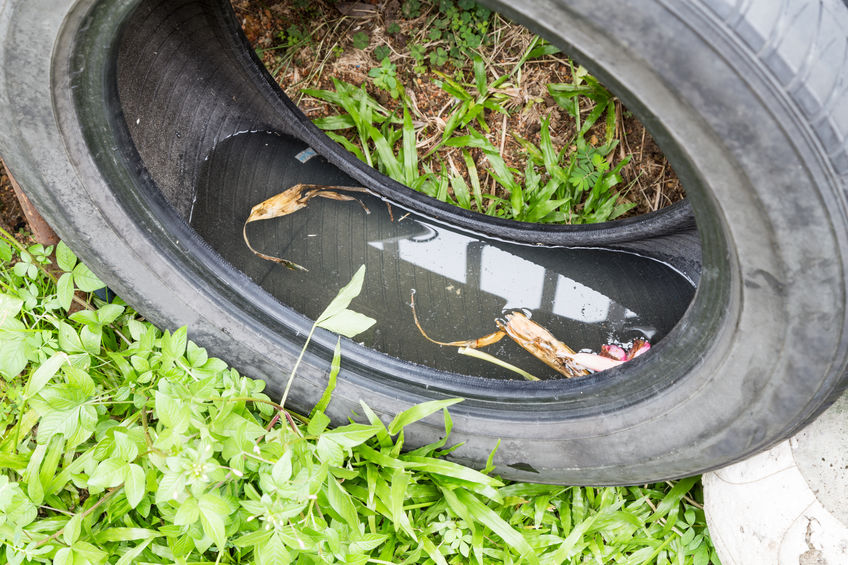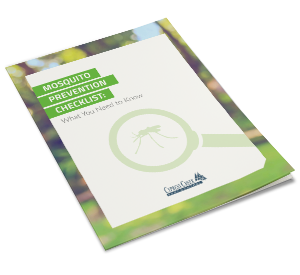Fill out the form below and a Cypress Creek representative will be in touch with you about your pest control needs.
BLOG

Cypress Creek Pest Control shares information and tips to prevent mosquito-borne illnesses
Long summer days and balmy nights spent outside can quickly be ruined by the telltale buzz of a relentless mosquito on the hunt for its next meal. The itchy, red reminders mosquitoes leave behind should be enough of an indication to take precautions against these pests, but Cyprress Creek Pest Control reminds the public that mosquito bites can have consequences that extend far beyond the bump.
Mosquitoes are capable of spreading an array of diseases, some potentially fatal, including West Nile virus. West Nile virus has traditionally been the most significant mosquito-borne illness in the U.S.. However, we remind people that other mosquito-borne illnesses also pose a threat to human health this summer.
Asian tiger mosquitoes, an invasive species native to Asia, can now be found in most areas of the country and are potential vectors of Chikungunya virus and dengue. Unlike most mosquito species native to the U.S., Asian tiger mosquitoes typically feed during daylight, as opposed to at dusk and dawn. And travelers who become infected with these illnesses while abroad should take extra precautions to avoid getting bitten by mosquitoes after they return home, in order to prevent the spread of tropical illnesses in U.S. mosquito populations.
Homeowners should be particularly vigilant against West Nile virus as summer comes to a close. According to the National Pest Management Association (NPMA), a nonprofit organization committed to the protection of public health, food and property from common household pests, mosquitoes remain active until the temperature falls below 60 degrees— well into fall. The NPMA offers the following tips for reducing contact with mosquitoes:
- Eliminate areas of standing water around the home including clogged gutters, birdbaths, flower pots, tires and kiddie pools or untreated pools. Mosquitoes need only half an inch of water to breed.
- Screen all windows and doors. Repair even the smallest tear or hole to keep mosquitoes out of your home.
- Always apply insect repellent containing DEET, picaridin, oil of lemon-eucalyptus or IR3535 when outdoors and use as directed on the product label. Apply repellant over top of sunscreen, and reapply every four to six hours.
- Wear long pants, long-sleeved shirts and closed-toe shoes when outdoors.
- If you are concerned about mosquito activity on your property, contact us or your local mosquito abatement district.


